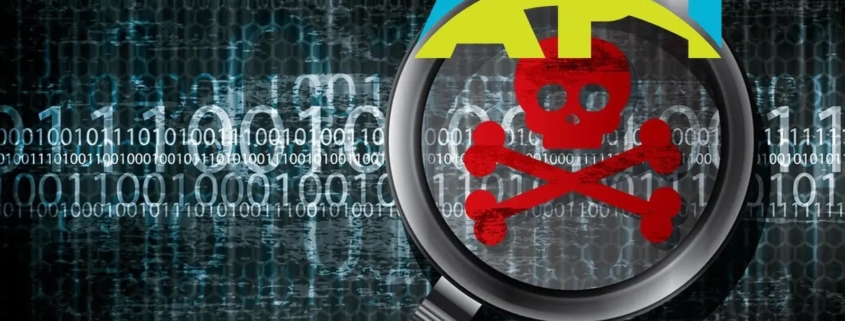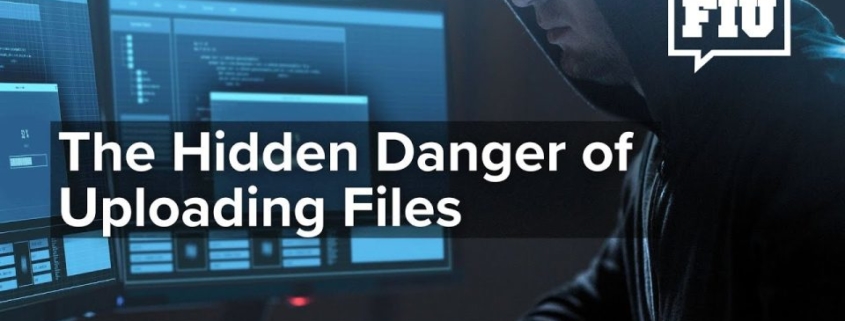A sophisticated new phishing attack was spotted in the wild, leveraging a wide variety of tools to bypass antivirus protections and ultimately deliver different Remote Access Trojan (RAT) malware.
According to cybersecurity researchers at Fortinet, an unidentified threat actor was seen sending phishing emails, stating a shipment has been delivered, and attaching an invoice. This attachment, however, is a Scalable Vector Graphics (SVG) file which, when run, triggers the infection sequence.
The SVG file drops a ZIP archive created with BatCloak – a tool designed to help malware bypass antivirus protection. This archive unpacks a ScrubCrypt batch file, which is another antivirus-evading tool which, in turn, sets up persistence, and bypasses AMSI and ETW protections to deliver the Venom RAT.
Rat infestation
While ScrubCrypt was first seen last year, and linked to the 8220 Gang threat actor, Fortinet does not mention if the same group was behind this campaign as well.
Venom RAT is described as a fork of Quasar RAT, and a powerful remote access trojan allowing threat actors full system takeover, sensitive data exfiltration, and more.
“While Venom RAT’s primary program may appear straightforward, it maintains communication channels with the C2 server to acquire additional plugins for various activities,” the researchers said in the report. “This includes Venom RAT v6.0.3 with keylogger capabilities, NanoCore RAT, XWorm, and Remcos RAT.
“This [Remcos RAT] plugin was distributed from VenomRAT’s C2 using three methods: an obfuscated VBS script named ‘remcos.vbs,’ ScrubCrypt, and Guloader PowerShell,” they added.
Besides Venom RAT, the researchers observed the malware dropping Remcos RAT, XWorm, NanoCore RAT, and a stealer that grabs information from cryptocurrency wallets such as Atomic Wallet, Electrum, Exodus, Jaxx Liberty, and others. Information from Foxmail and Telegram were also being exfiltrated to a remote server, they concluded.
The best way to protect against these attacks is to be extra careful when receiving emails with links, attachments, or similar…



